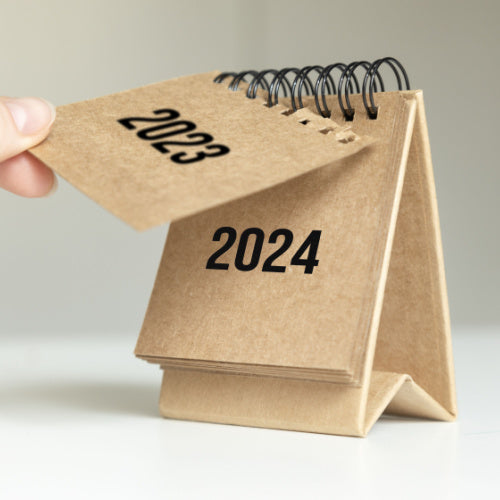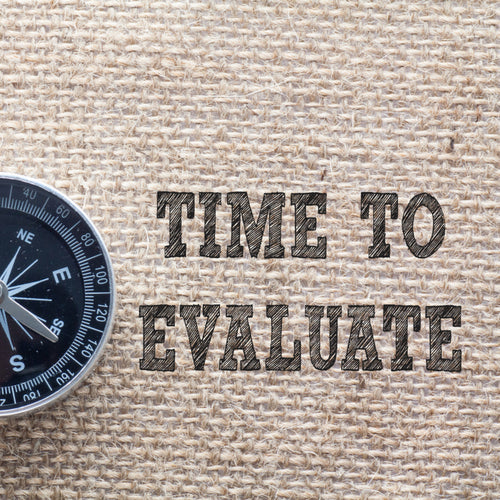Intersectionality: The Collision Of Race And Power in the Nonprofit Sector
Equity expert Michael Lowe will explain the critical concept of intersectionality. You will discover the enormous burden piled on many members of your community and learn how to help overcome it.
What You'll Learn
- What is intersectionality?
- What specific identities overlap to make people vulnerable?
- How does social context influence your perceptions of race, class, and gender?
- How does sexuality affect treatment?
- What impact does intersectionality have on systemic injustice and inequality?
- How can you fight oppression today?
On-Demand
Regular price
$184.00
Regular price
Sale price
$184.00
Unit price
per
Couldn't load pickup availability

INFORMATION
Training Overview
Recommended Audience
Who Should Attend?
What's included
Training includes
- Certificate of Attendance
- All resources and training materials
- Chief equity officer for Shelby County Schools in Tennessee
- Served as a regional superintendent and middle school principal in Memphis
- Focuses on culturally responsive teaching and equity in student work
- Bachelor of Science in elementary education from the University of Memphis
- Education specialist and doctorate degree in leadership and instruction from Union University in Jackson, Tennessee





